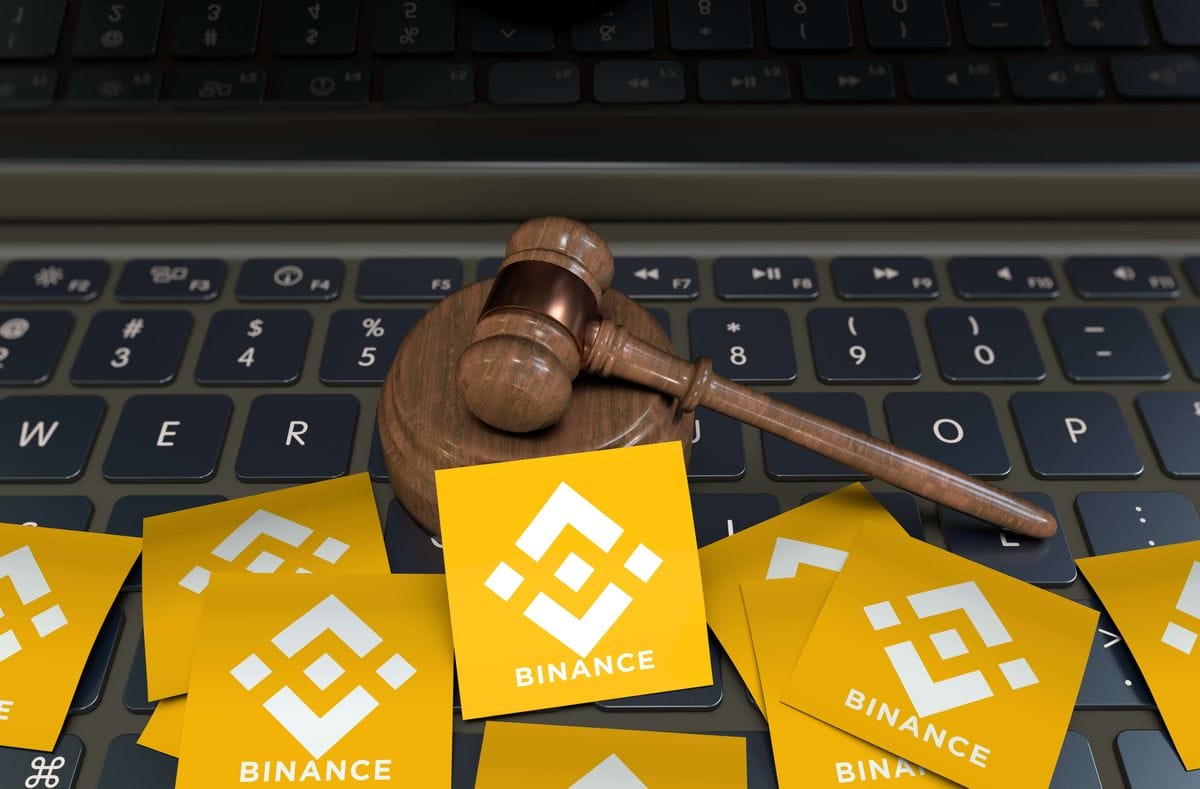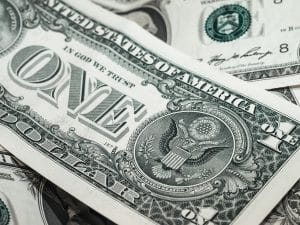Investors Get Green Light to Pursue Class Action Against Binance

A group of investors who sought to sue cryptocurrency exchange Binance, its former CEO Changpeng Zhao, and other executives have been given a fresh chance to pursue their case.
The Second Circuit Court of Appeals recently overturned a lower court’s ruling that dismissed the lawsuit, allowing the putative class action to proceed against the world’s largest crypto exchange.
Originally filed in April 2020, the lawsuit was brought by a group of crypto investors who alleged that they had purchased securities, including ERC-20 tokens such as EOS, TRX, ELF, FUN, ICX, OMG, and QSP, from Binance.
The EOS token, specifically issued by Block.One, is connected to Bullish, which is the parent company of CoinDesk, the parent company of Binance.
New Ruling Reverses Dismissal Decision
In May 2022, Judge Andrew Carter of the Southern District of New York dismissed the case, stating that the plaintiffs had filed the lawsuit after the statute of limitations had expired.
Additionally, Judge Carter ruled that Binance, as a non-domestic exchange, did not have sufficient ties within the United States to meet the standards of federal securities laws.
However, the recent ruling by the Second Circuit Court of Appeals reversed Judge Carter’s decision and sent the case back to the district court.
The appeals court found that the plaintiffs had plausibly alleged that the transactions involving the assets in question were conducted on servers within the United States and that they had accessed Binance from the U.S. The ruling also challenged Binance’s previous claims of lacking a headquarters or physical location.
Regarding the issue of timeliness, the circuit court stated that the statute of limitations clock did not begin until the plaintiffs purchased the tokens, which was within a year of filing the suit.
It’s worth noting that the recent ruling only pertains to seven of the tokens mentioned in the original complaint.
The ruling does not determine whether the tokens in question are securities or not.
If the case is not appealed further and returns to the district court, the parties will have the opportunity to argue whether the tokens meet the definition of securities.
Binance still has the option to appeal to the U.S. Supreme Court.
If it chooses not to or if the Supreme Court declines to take up the appeal, the district court will resume jurisdiction over the case.
Binance Exits Nigerian Market After Regulatory Scrutiny
The new headeache for Binance comes as the exchange recently had to discontinue all services involving Nigerian local fiat currency, the Nigerian naira (NGN), after regulatory scrutiny.
Last week, the world’s largest cryptocurrency exchange said it would suspend NGN withdrawals after March 8.
Earlier, the Nigerian government imposed a staggering $10 billion fine on Binance as part of a crackdown on the platform in an effort to stabilize the nation’s local currency.
The Nigerian government’s actions against Binance and other crypto firms stem from concerns over continuous manipulation of the forex market and illicit movement of funds.
Authorities believe that these activities have contributed to the weakening of the naira.




